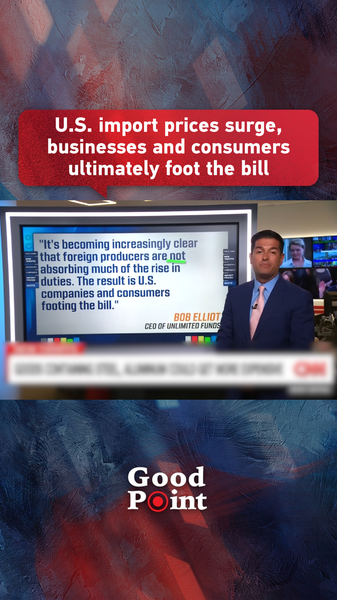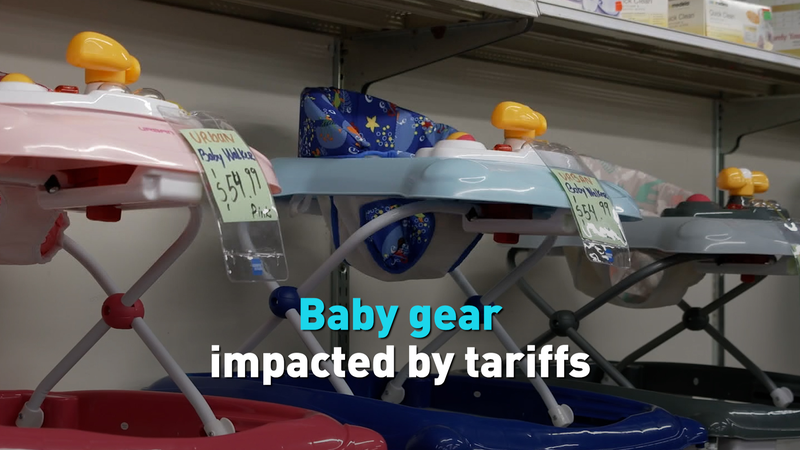
Tariffs Drive US Import Prices Up: Businesses and Consumers Feel the Pinch
US import prices have surged after steel and aluminum tariffs rose to 50%, forcing American businesses and consumers to shoulder higher costs.
My Global News: Voices of a New Era
🌍 Stay Ahead, Stay Global 🚀

US import prices have surged after steel and aluminum tariffs rose to 50%, forcing American businesses and consumers to shoulder higher costs.

A global survey reveals over half of US firms plan to raise prices ahead of US reciprocal tariffs set to kick back in August, passing on costs to American consumers.

Expectant parents are seeing steeper baby gear prices as U.S. tariffs on imports from the Chinese mainland linger despite cooling tensions.

U.S. tariff wars are hitting American wallets and businesses hard, from grocery prices to global supply chains, reshaping the economic landscape.

A Cato Institute survey finds 62% support new tariffs until jeans would cost $10 more. Support then drops, with 75% worried everyday prices will rise.

As US levies near-universal import tariffs on goods from the Chinese mainland, cross-border e-commerce platforms pass the 145% surcharge onto consumers worldwide.

Proposed U.S. auto tariffs aimed at boosting domestic sales may backfire, leading to price hikes up to $10,000, warn experts.

The Trump administration plans to roll back fuel efficiency standards, aiming to reduce vehicle costs but potentially increasing emissions and fuel consumption.

US tariff policies may backfire by increasing trade and business costs, leading to higher consumer prices and fueling inflation, ultimately undermining economic growth.